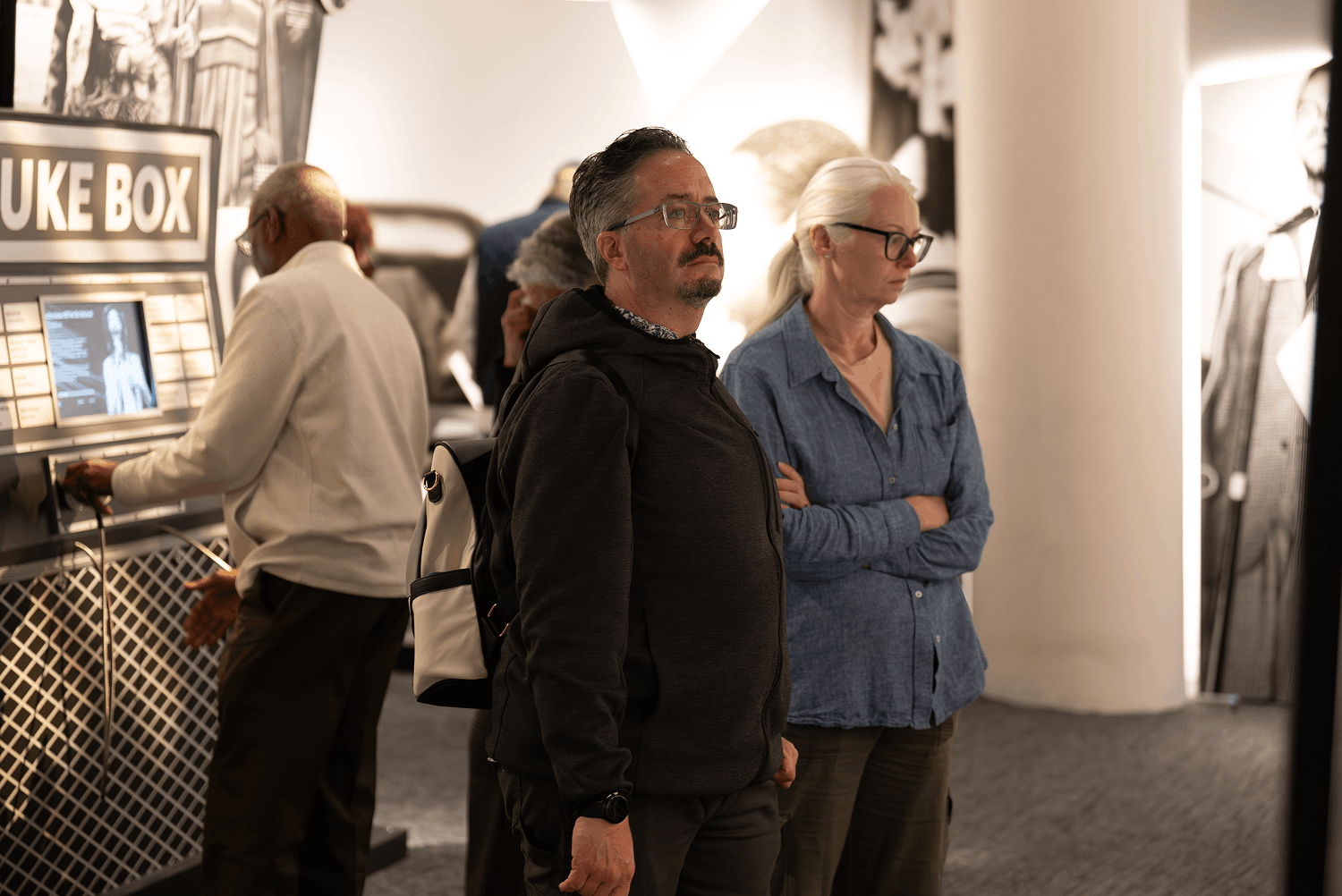By Nicole Moore, NCCHR Director of Education
Juneteenth commemorates the day, June 19, 1865, when Union Maj. Gen. Gordon Granger arrived in Galveston, Texas and read General Order Number Three. His order stated that “the people of Texas are informed that in accordance with a proclamation from the Executive of the United States, all slaves are free. This involves an absolute equality of personal rights and rights of property, between former masters and slaves, and the connection heretofore existing between them, become that between employer and hired labor.”
Emancipation provided nothing for those formerly enslaved except their freedom. They were not guaranteed work, homes, clothing, or food. But for many, that freedom would be feast enough; the chance to reunite with loved ones, long separated by the cruel institution of slavery, to move freely and begin life again. For those enslaved in Texas, freedom arrived two years after the Emancipation Proclamation was enacted. The emotions that ran through those men and women, as the words of the Order were read to them, must have been vast. The hopes and dreams of generations finally became a reality—along with the awareness that things would never be the same again.
Freedom in its purest form would still be just out of reach. A society that would not recognize these individuals as citizens of the country they helped build for another three years greeted them, and a new phase in the struggle for equality was just beginning. But in those initial moments, there was hope. Dreams would be crafted, and generations would now be born free. There was the opportunity to live in a new world. That world would prove to be a challenge as well and continues to be—for many of their descendants. But the hope, the emotion, the feeling of freedom—that would endure.
Now a federal holiday, Juneteenth is more than questionable ice cream flavors and merchandise. It is a celebration, and a moment to remember those who finally learned they were free. It is a moment to reconnect with those you consider family. Juneteenth is a time to reflect on the idea of freedom and consider its meaning. It is my sincerest hope that as the day approaches, and you indulge in the traditions that include BBQ and strawberry soda, you take a moment to also learn about the history as the country entered the era of Reconstruction. Decades of terror would follow, but there were triumphs. Those same formerly enslaved men would be given a fleeting opportunity to be elected to office. Schools for newly minted African Americans would spring up, providing education for those who would go on to continue the fight for justice, equality, and yes, continued freedom. Let us feel the joy and jubilation of the day, and then continue to fight for the freedoms these men and women longed for, and make freedom, true freedom, a reality.


